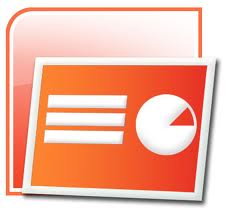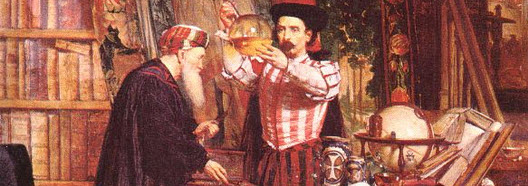Fishing and Aquaculture
This is the last of three units on food production. Here, students will learn about the harvesting or production of fish and seafood.
Fishing and Aquaculture Powerpoint
 |
Purpose: The collapse of the cod fisheries in Newfoundland will be used as a case study of the greater problem of fish overharvesting in the ocean. Students will learn about the different methods of fishing, including longline and trawling. They will also examine some of the data behind what happened in Newfoundland, and learn about the increasing use of fish farming, or aquaculture.
Essential Concepts: Fishing, pole-caught, longline, trawl, bottom-trawling, overharvesting, maximum sustainable yield, overexploited fisheries, marine reserves, Marine-Trophic index, aquaculture, aquaponics.
Fishing and Aquaculture Lecture Notes Outline
Purpose: Taking efficient notes can be a big challenge for many students, especially when working from a Powerpoint lecture. This outline gives students a means to take notes that guides them toward important concepts and avoids the pitfalls of writing word-for-word or simply not taking notes at all. The outline is written as a series of questions, fill-in-the-blanks, or diagrams. This outline is based on the Powerpoint lecture written specifically for this unit.
Essential Concepts: Fishing, pole-caught, longline, trawl, bottom-trawling, overharvesting, maximum sustainable yield, overexploited fisheries, marine reserves, Marine-Trophic index, aquaculture, aquaponics.
The End of the Line Movie Worksheet
Purpose: This 2009 documentary by Rupart Murray looks at the extent of overfishing around the world and its immediate and long-term effects on the ocean's ecosystems. Students will learn about some of the action that will be necessary to protect the world's fisheries, including tigher regulation, increased use of marine reserves, and more responsibility from consumers in what they purchase.
Essential Concepts: Fishing, longline, trawl, bottom-trawling, overharvesting, maximum sustainable yield, overexploited fisheries, marine reserves, Marine-Trophic index, aquaculture.
The Cove Movie Worksheet
Purpose: This is a documentary about alternative methods of agriculture. Many different farmers and their operations are featured, including Joel Salatin's free range farm, Will Allen's urban farm, and David Ball's cooperative of local farmers. Fresh is a good counter to some of the other documentaries covering the industrialized food system, as it has a more positive, uplifting message of change.
Essential Concepts: Agriculture, factory farming, free-range agriculture, urban agriculture, organic agriculture.
Journal Assignment - The Seafood Watch Program
Purpose: This is a short internet-based assignment where students will access the Monterey Bay Seafood Watch website and look up the ratings for several common types of seafood. They will then evaluate some different options on a restaurant's menu and determine what the most ecologically friendly choices area.
Essential concepts: Overfishing, trawling, longline fishing, sustainable fishing.
Fishing and Aquaculture Study Guide
Purpose: Once the instruction for the unit is completed, students can complete this study guide to aid in their preparation for a written test. The study guide is divided into two sections: vocabulary and short answer questions. The vocabulary is taken directly form the lecture, sequentially. The short answer questions are meant to model the type they may see on the exam.
Essential Concepts: Fishing, pole-caught, longline, trawl, bottom-trawling, overharvesting, maximum sustainable yield, overexploited fisheries, marine reserves, Marine-Trophic index, aquaculture, aquaponics.
